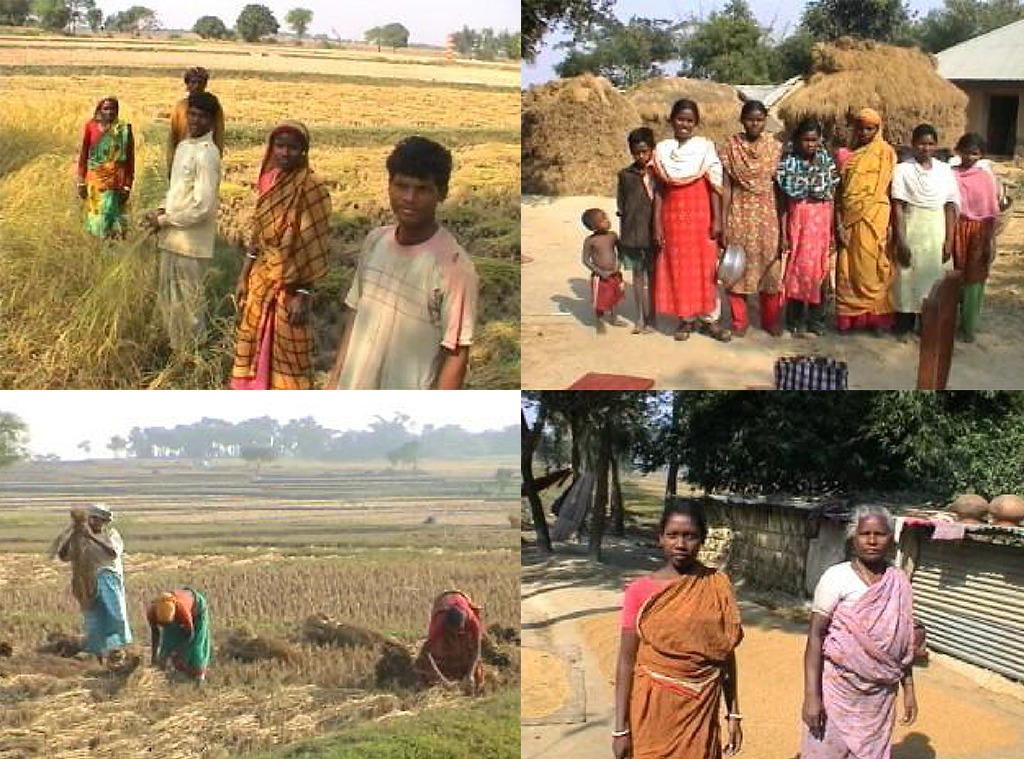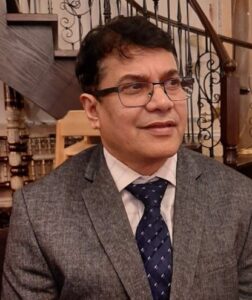

 Photographs taken by the author during his stay with the Santal community.
Photographs taken by the author during his stay with the Santal community.
As scholars of Indigenous studies, we are continually renegotiating what decolonization means in practice. Can so-called “decolonized” states perpetrate colonialism themselves?
We are excited to present another one of our Fourth World Journal pieces, which provides valuable insights into this question. Dr. Mrinal Debnath’s work, “Land Grabbing: A Colonial Tool to Marginalize an Indigenous Rural Santal Community in Bangladesh,” examines how indigenous rights are continually encroached upon—not only through Western intervention but also the actions of independent nation-states. Much of our work at the Center for World Indigenous Studies focuses on questions of land—who access it and the nature of their relationship with it. We are pleased to see Dr. Debnath’s work intersecting directly with the CWIS’s fight for Indigenous self-determination in all its complex forms.
In his piece, Dr. Debnath interrogates the practice of land-grabbing in Palashpur, Bangladesh, and its effects on the local Santal indigenous population. In his writing, he articulates the oppressive relationship between the Bangladeshi State and the Santal population, emphasizing land as a means of cultural, spiritual, and material survival.
Hear Mrinal Debnath speak on his work—and why colonization never actually ended—on our YouTube channel.
Abstract
Employing a descriptive qualitative case study methodology, this article postulates that land grabbing is a human-made situation of coercion and oppression for the indigenous Santals in Bangladesh. The violent nature of land grabbing in Palashpur, a remote village in Bangladesh, has dispersed and dislocated the once closely-knit Santal community, destroyed Indigenous social and economic institutions, traditional ways of life, pristine and serene milieu, and the community’s rhythm of life. The article analyses how land rights as essential components of human rights are being violated because of the colonial nature of the nation-state and its failure to protect the land of the indigenous peoples. By disregarding various international Indigenous land rights and the many state tenancy acts, the nation-state provides covert support to the land-grabbers. Thus, the state violates basic principles of human rights and acts as an accessory to the misery associated with territoriality. Moreover, the article explores a deep-seated nationalism engaged in insidious ethnic cleansing, resulting in an identity and existential crisis perpetrated through the dispossession of the Indigenous land in Bangladesh.
About the author:

Mrinal Debnath, EdD (he, him, and his), was born in Bangladesh, a Muslim-majority nation-state where more than fifty tribal groups (Adivasis) have been negotiating existential threats since 1947. He completed his Doctorate in Sociology and Equity Studies in Education from OISE/University of Toronto. He is a freelance writer and researcher interested in Education, especially Indigenous issues in the Indian Subcontinent, and a wide range of issues with racism and (re)colonization.
Get full access to this article and the latest issue of the Fourth World Journal.
The library is dedicated to the memory of Secwepemc Chief George Manuel (1921-1989), to the nations of the Fourth World and to the elders and generations to come.
access here